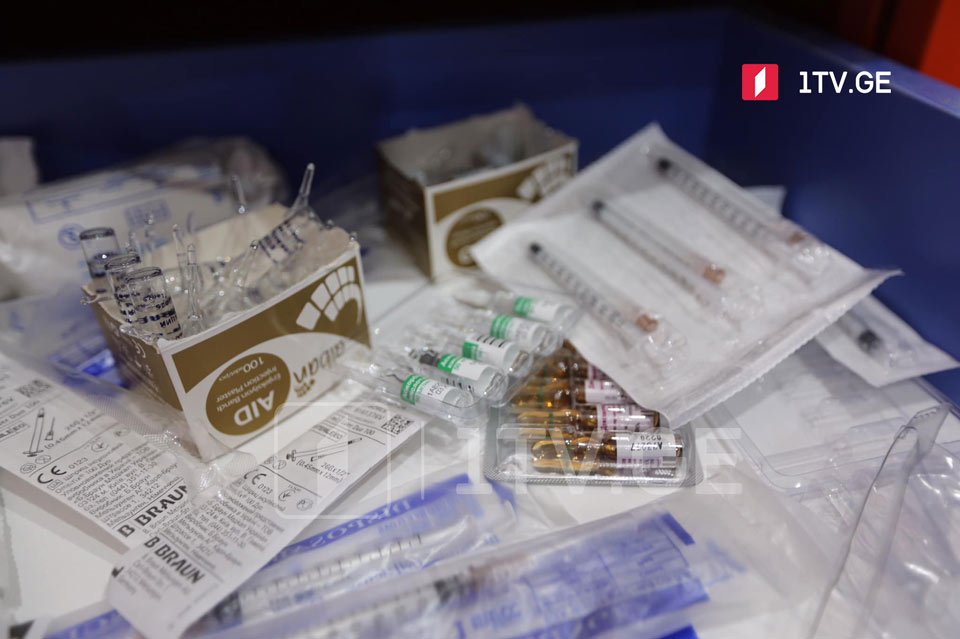Why do women seek abortions in Georgia? – This is the central question of researcher Ana Kamladze’s recent survey.
In interviews recorded with complete confidentiality, the women mentioned that this was the ‘most difficult’ decision and ‘the most painful’ phase of their lives.
“I was interested in a woman’s voice, and experience. Most of the women in my research had an abortion with borrowed money. Based on this, we can clearly grasp the context that led to this decision,” Kamladze says.
Effective January 2024, changes to the decree on abortion will be introduced. Women who opt to have an abortion will be required, after a five-day waiting period, to visit not just a gynecologist, but also a psychologist and a social worker.
However, Davit Kobeshavidze, Director of Imedi Clinic believes that “It is extremely difficult to find a professional psychologist or sociologist in our field today. In any event, a trained psychologist cannot visit every clinic on a daily basis and see every woman who is ready for an abortion. And one meeting is insufficient.”
Looking at Georgia’s recorded abortion statistics, we can observe that the rate has been decreasing every year for the preceding 11 years. In 2022, 16,600 women had abortions.
The bulk of the patients were between the ages of 20 and 45, with four cases involving minors as young as 15 years old.
The Ministry of Health tells us that Georgia still has the highest rate of abortions in Europe. According to Deputy Health Minister Tamar Gabunia, recent practice has shown that the pre-abortion consultation was insufficient, necessitating the involvement of both a psychologist and a social worker in order for the patient to make an educated choice.
Developed nations have been trying to liberalize abortion laws in the last few decades. The average abortion rate declined by 43 percent in most states with legal abortion, whereas it climbed by 12 percent in areas with tight abortion restrictions.
Raising awareness about women’s reproductive knowledge, introducing sexual education in schools, and defining the mother as a cornerstone in the country’s development all contributed to abortion becoming less common in a woman’s life.
